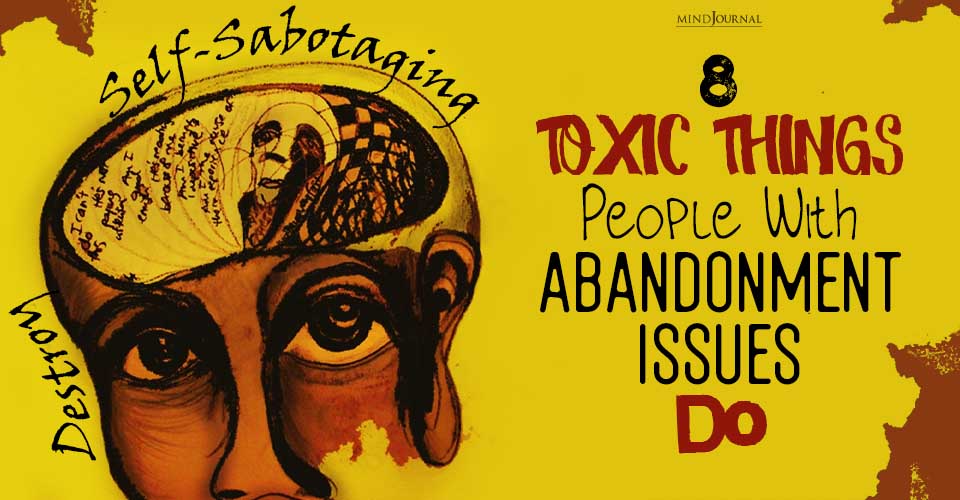The concepts of right and wrong vary from person to person, and so does the concept of love. But when two people unite in love, they need to put aside their differing opinions and accept each other as they are, according to the principles preceding Buddhism and romantic relationships.
Contrary to the popular belief, Buddhism and romantic relationships can go hand in hand. Buddhism teaches us the art of living and romantic relationships are an integral part of our lives. Read this article to find out how you can apply the below-given Buddhist principles to have a strong and secure bond with your partner.
Buddhism holds the value of self-realization or Enlightenment at its core. Buddhist beliefs are based on love, compassion, and understanding. These tenets ask us to go beyond our ego, let go of our rigid preconceived notions about right and wrong, and accept others as they are.
What Buddhism Says About Romantic Relationships: 7 Golden Rules
Buddhism can guide us on how to regulate our emotions and approach life with peace and tranquility. Similarly, the Buddhist principles discussed here, give us some actionable ideas on how to have a better relationship based on Buddhism.
1. Metta or Loving-Kindness
The connection between Buddhism and romantic relationships is primarily based on the tenet of “Loving-Kindness”, which talks about being compassionate towards every sentient being. If we apply this practice to treat our partners with kindness, we can look beyond the petty differences and come from a place of love instead of anger or judgment. By replacing criticism and bitterness with understanding and forgiveness, we can transform our romantic relationships into stronger and more fulfilling ones.
Read: 3 Buddhists Truths to Bring you Greater Peace
2. Sati or Mindfulness
The principle of “Mindfulness” helps us to live in the present moment. Life in the modern world is riddled with stress and uncertainty. We tend to bring this chaos into our personal lives as well. We are either worrying about the future or moping about something that happened in the past; ignoring the present which we can spend with our special ones. By practicing mindfulness we can be still and focus on our thoughts and feelings, as well as those of others. This also enables us to check ourselves before we say or do something impulsive and hurtful.
3. Upekkha or Equanimity
This mental state of “being a watcher without action” comes in handy when relationships trigger unhealed wounds from our past. The theory of Equanimity teaches us to observe everything that is happening around us without giving a reaction. When unhealthy behavioral patterns emerge in our relationships, we can adopt this state of mind and observe them with the intent to understand them and learn from them, so that we can master our thoughts and expressions.
4. Duhkha or Suffering
According to the 4 Noble Truths of Buddhism, suffering is inevitable for all living beings. We must not try to avoid pain or sadness, rather change our attitude towards them and embrace these undesirable experiences of life as necessary lessons. The same goes for our relationships. Every relationship is bound to go through pain, sadness, loss, or some kind of misery sooner or later. If we let go of our expectations of an ideal outcome and accept the reality as it is, it will be easier for us to have a strong and secure relationship, free of emotional baggage.
Read: Arya Satyas: The Four Noble Truths of Dharma
5. Upadana or Attachment
When we attach ourselves to a person, a desire, or an idea, we refuse to accept the situation or the individual in their authentic truth and cling to an illusion that brings us nothing but shattered dreams and disappointment. This is why Buddhism encourages us to practice detachment in our relationships. Only when we will cut ourselves free from our desires and expectations, we can love others truly and selflessly.
6. Anicca or Impermanence
According to the Buddhist Theory of Momentariness, existence is temporary and everything, including humans, is in a constant state of change. If we ingrain this realization, our eyes will open to a greater truth that what we are feeling right now will cease to exist the next moment. It is therefore futile to hang on to disagreements and fights. Our emotions are temporary so we better not say or do anything that might have a long-lasting effect on our relationships.
7. Shoshin or The Beginner’s Mind
To have a beginner’s mind is imperative to have a long-term romantic relationship. A beginner’s mind is essentially free from past baggage of experiences. Sporting this sort of attitude makes us enthusiastic about our relationships. We find ourselves to be eager to know and explore more instead of comparing our relationships with their past versions and what they used to be. If we can be open and acceptable of the present truth of our relationships and stop scrutinizing them, we will be able to stop setting them up for failure.
Read: The Eight Worldly Dharmas and How They Block Our Spiritual Progress
Acceptance and Love Are The Keys To A Better Relationship
To summarize the unlikely paradigm between Buddhism and romantic relationships, we can say that a healthy love life needs unconditional acceptance. If you can accept the current truth of your significant other and still love them without judgment or expectation, you two are bound to have a strong and healthy relationship.











Leave a Reply